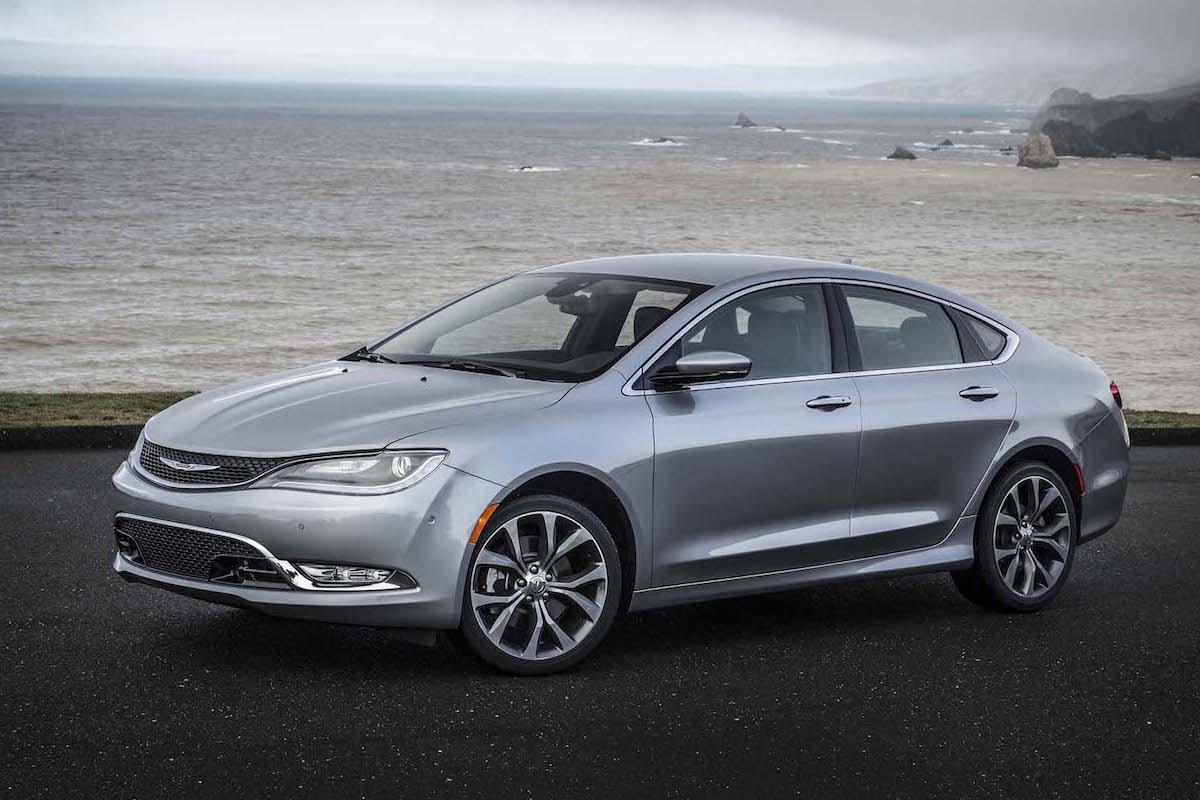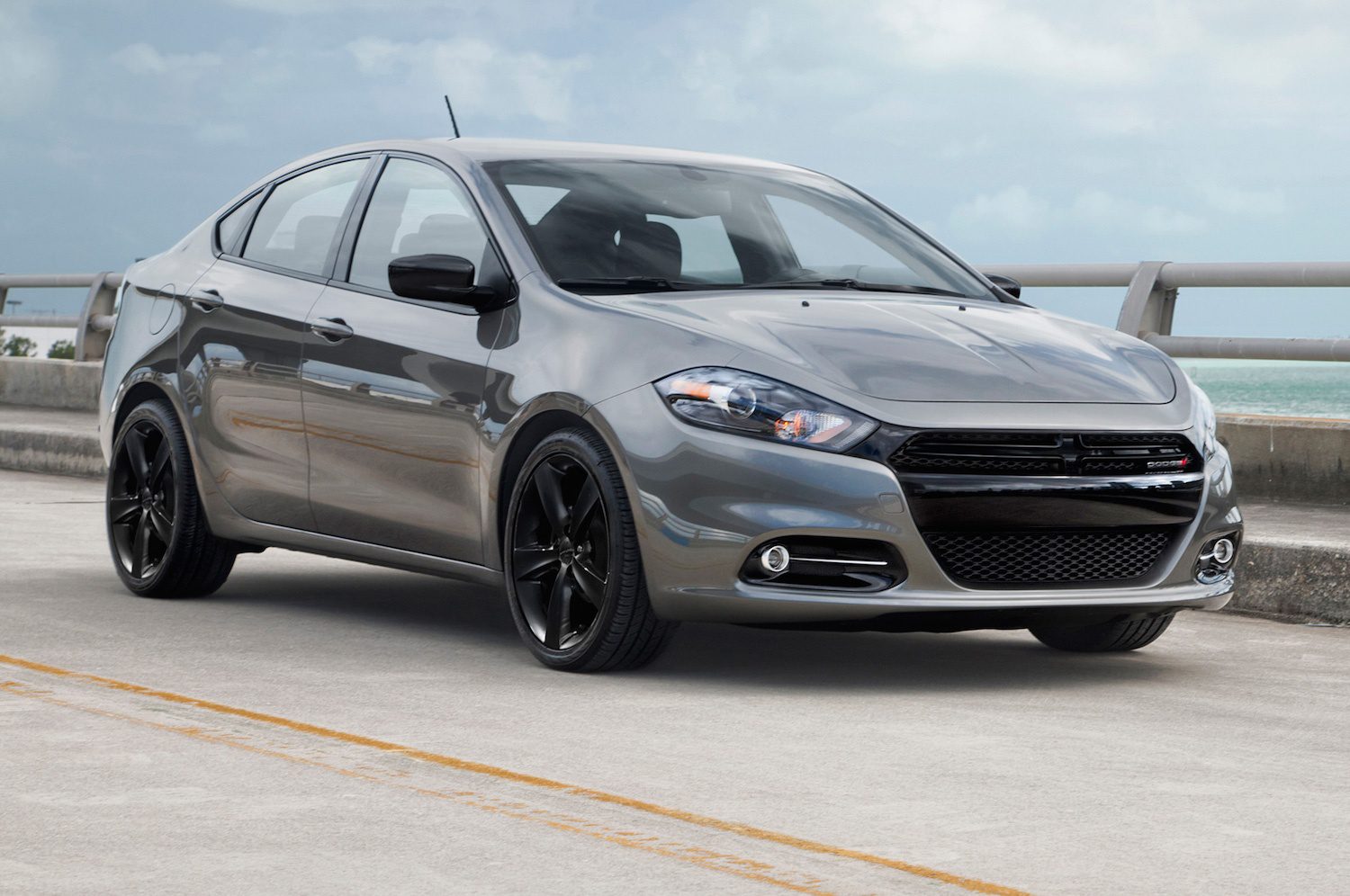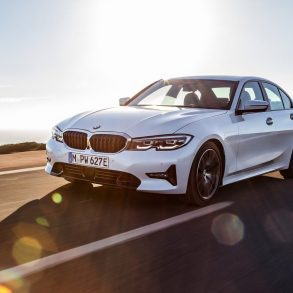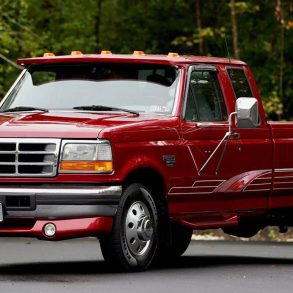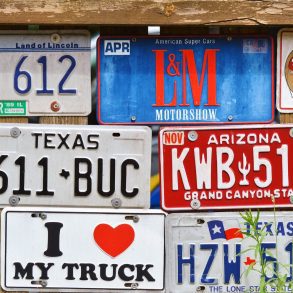News broke recently that FCA was going to phase out its Chrysler 200 and Dodge Dart sedans, surprising pretty much everyone, including seasoned industry-watchers. For starters, the cars are only a few years old. Second, they are both reasonably successful – in 2015 the 200 placed 7th in the mid-sized segment, while the Dart still managed a respectable 10th in the compact segment. Not earth-shattering, maybe, but surely the combined 250,000 sales annually are worth something to FCA? So, what is Sergio Marchionne’s logic for dropping the models, and does it actually make sense?
Arguments for:
Production capacity: The first, and strongest, argument for killing off the 200/Dart is that it would free up capacity in FCA’s US factories. This would allow it to build more profitable, more in-demand models such as crossovers and pickups. In fact, even before the announcement that the models would be killed off there were already plans to move production of both the 200 and Dart would be moved to Mexico, to free up production space in factories for the Ram pickup and Jeep Cherokee. This makes sense especially with the Cherokee, which is built on the same platform as the 200/Dart, so the production line could be simply adjusted to the SUV, rather than being stripped out fully and replaced with a new one.
A reasonable question to ask at this point is: why would FCA not simply build another factory to produce its in-demand models? Three reasons. First, building factories requires capital, which FCA does not have a lot of right now. Second, it takes time – years, possibly, rather than months that retooling an existing production line could take. Third, it only makes sense to build factories if you think they will be useful for a long time – FCA may think the current book for crossovers may not last, and in their current plan they ensure they are not left with an under-utilized factory should the demand for their cars diminish.
200/Dart are not world-beaters: The second argument for killing off the duo is that they are also-rans in segments that are not expending very quickly at all, and as such have no prospect of bringing in many more customers than they are bringing now. This is especially true of the Dart, which was once hailed as Dodge’s return to form in the compact segment, but which turned out to be an OK car at best, and one plagued by strangely Italian reliability problems that saw it rank worst of all Dodge models in 2014. As a result, the Dart’s annual sales plateaued below 90,000 units in a segment where the leaders, Toyota Corolla and Honda Civic, sell over 300,000 each year. Heck, it was even outsold by the hapless Journey, a model one generation older, but one competing in the hot compact SUV segment.
The situation is less clear-cut with the 200, a model that came to market in the middle of 2014 to good reviews, and in 2015 sold almost 180,000 units. However, this was still only good enough for it to rank 7th in the mid-sized segment, where the segment-leading Toyota Camry’s annual sales are over 400,000 units. What is revealing, however, is that there has been a collapse in the 200s monthly sales in the past few months, with sales down 28%, 47% and 63% in Nov’15, Dec’15 and Jan’16, respectively, compared to the same period a year prior. Without major bad publicity or a market rival coming out around this time, what this suggests is that until that point good sales figures had been reached by Chrysler dealers giving healthy discounts on the model, and that this practice stopped around November 2015. This would make sense: it would have been around that time that Marchionne realized that the model is only popular if it’s sold at a discount, meaning it probably barely brought any money (if any at all) to FCA – if that is correct, than the 200 has been even less successful than its good-but-not-great sales figures suggest.
Makes FCA more attractive for a merger: The final argument for killing of the Dart and 200 is the most speculative one, but also one that demonstrates that Marchionne may in fact be more playing a longer-term game than most give him credit for. The FCA’s CEO has been advocating loudly for a merger between the company and a rival for a long time, and in this context ditching the Dart/200 duo could be seen as shedding excess flab to make it more attractive to a potential suitor. After the pruning, FCA’s North American portfolio will be focused on crossovers (Jeep, many Dodge models), pickup trucks (RAM) and a few larger mainstream models (the large sedans from Chrysler/Dodge, Dodge Challenger, the new Chrysler Pacifica), plus the idiosyncratic Dodge Viper. Such a combination would be a good fit with rival carmakers who lack a foothold in these segments.
And who might such a potential suitor be? The RAM brand would be a good catch for pretty much any car non-US manufacturer other than Toyota and Nissan, both of whom have established a good foothold in the pickup segments. Jeep, too, is a gem in FCA’s crown – its reputation for tough 4×4 is rivaled only by Land Rover worldwide. Were it not going through a crisis right now, VW might be one potential suitor – its crossover/SUV lineup in the US is old and sells badly, and while it offers no large pickup, its Amarok could serve as a foundation of a small RAM pickup. Another brand that could be interested is Hyundai/Kia – its crossovers may be moderately successful, but they sell nowhere as well as Jeep models, and it too lacks a pickup offering. In addition, having just launched its Genesis luxury brand it could stand to benefit from technology and market know-how exchange with FCA’s long-standing luxury offerings, Maserati and Ferrari.
Arguments against:
It is risky to drop fuel-efficient models: One of the main drivers of the crossover/SUV/pickup sales growth in 2015 has been cheap gas. At below $2/gallon, where it stands right now, it makes fuel efficiency a distant consideration on most buyers’ wish list, hurting sales in segments such as minicar, subcompact, compact, mid-sized and alternative power. However, low gas prices are not the “new normal” many think they are – they are driven by geopolitical winds that are shifty and can change suddenly. Should the current situation reverse, sending gas prices back over $3/gallon, does it really make sense for FCA to get rid of its most fuel-efficient models?
Why not import the Dart? The Dart may not be a huge success, or possibly a huge money-spinner for Dodge, but that does not mean the brand does not benefit from having it in its portfolio. For one, it is the entry model into the Dodge brand, which means it can turn whoever buys it into a loyal Dodge customer (if it’s good enough, that is). What’s more, the more Dodge models are out there the fresher the brand is in consumers’ minds when the time comes to buy a new car. For these reasons, I think it should at least be worth to consider importing the Dart from China, where FCA has been offering it as the Fiat Viaggio. Add to that the hatch version, and the Dart could go on to remain a solid, if not spectacular, performer for Dodge.
Where does this leave Chrysler? With the 200 biting the dust, Chrysler will only have two cars on offer: the 300 sedan, and the new Pacifica minivan. Is this enough to maintain a whole brand? On one hand, sometimes it takes just one very successful model to carry a whole brand: think Mini, Lotus or, to some extent, Smart. On the other hand, though, practically all mainstream manufacturers, such as Chrysler, have a full range of cars on offer. The reason for this is that consumers don’t just pick the model, they pick a brand as well, and it’s hard to be on the front of people’s minds when they move up from, say, a mid-sized sedan to a large one, or to a minivan. Without the 200 Chrysler will lack an “entry” model which would shepherd buyers to its larger models. And what’s more, Chrysler is already arguably too close to Dodge in terms of what the brands stand for – if Marchionne wants to kill of the 200 and Dart, he may as well consolidate the 300/Charger sedans, rebrand the Pacifica as a Dodge and kill of Chrysler.
In summary: Dropping the 200/Dart duo is a very bold step, one which does seem to have some decent business foundation, but which could also leave both the Chrysler and Dodge brands weakened and exposed. Only time will tell if it was the right move, but one thing is for sure – FCA in NA is sure in for a shakeup!
But, what do you think? Let us know by answering the poll, and leaving a comment:

